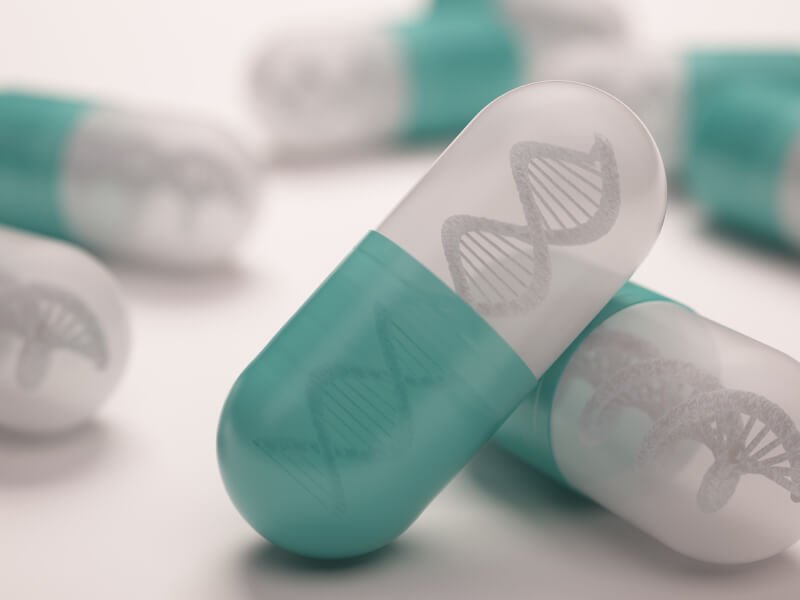The GLP aggregated and excerpted this blog/article to reflect the diversity of news, opinion and analysis.
In a recent speech at the White House, President Obama unveiled what he called his Precision Medicine Initiative, a two-hundred-and-fifteen-million-dollar plan to collect genetic information from a million American volunteers in order to further the development of personalized, genetics-based medical treatments. Obama called precision medicine “one of the greatest opportunities for new medical breakthroughs that we have ever seen,” saying that it promised to deliver “the right treatments at the right time, every time, to the right person.”
So far, however, the excitement surrounding personalized medicine has outpaced the science. DNA testing has become increasingly useful in the detection and treatment of various conditions, including cancer, intellectual developmental delays, birth defects, and diseases of unknown origin, and the cost of genetic analyses has dropped even as the speed with which their results are delivered has risen. Nevertheless, for most people, genetic medicine is not yet delivering customized care. As scientists continue to draw connections between DNA data and health outcomes, the problem of interpretability continues to grow. Many doctors are simply not qualified to make sense of genetic tests, or to communicate the results accurately to their patients.
Part of the dearth of genetics expertise among physicians stems from the fact that many of those currently practicing went to medical school before the human genome was sequenced.
Read full, original post: The problem with precision medicine































